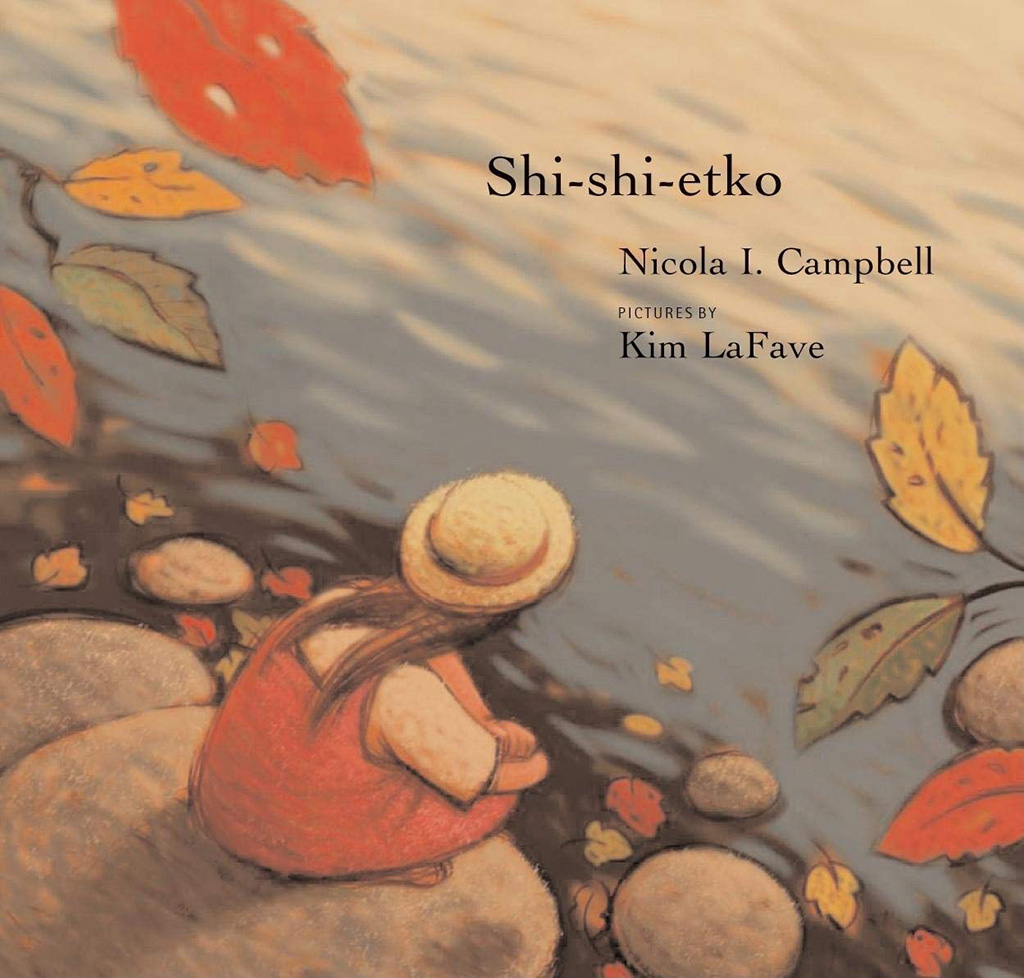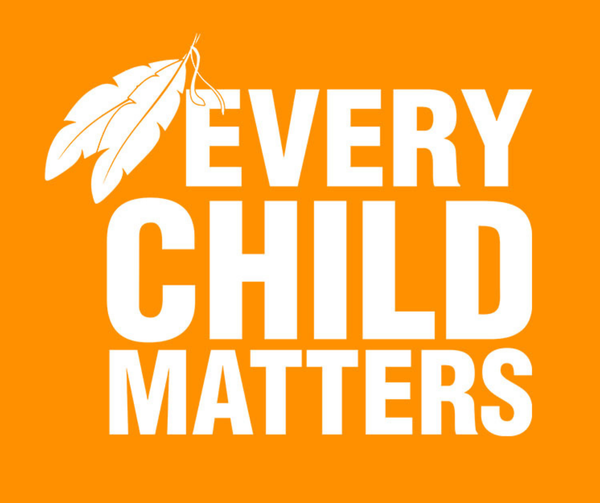On Wednesday, September 28, in advance of National Truth & Reconciliation Day on September 30th, the Senior school participated in a set of cross-grade Reconciliation experiences, hosted by guests, students, and faculty. The goal of each experience was to define and commit to at least one act of decolonizing ourselves, and to generate a shared understanding of what decolonization is, and is not, in our school.
We are undertaking this work with clear objectives in mind. In our work about Reconciliation, we are guided by six criteria for success:
- prioritize Indigenous voices in person, and in text, audio or video resources
- interrogate if well-intentioned acts have any oppressive impact
- expose assumptions
- connect to classroom learning, now and in the future
- prevent tokenism or commodification
- be action-oriented, and not performative
We welcomed Musqueam Elder Kelly White and Shona Sparrow from the Syilx Nation, to facilitate the KAIROS Blanket Exercise for a small group.
Squamish weaver Cheximiya Allison Burns taught another small group to weave in our STEAM lab, and shared numerous examples of her own weaving.
The Grade 10 class, as a group, took the entire day to journey to the Squamish Lil’wat Cultural Centre in Whistler village.
A small group visited Xʷc̓ic̓əsəm Garden, the Indigenous gardens at UBC Farm, and met with Dr. Eduardo Jovel, and Dr. Will Valley, to learn about this Indigenous Health Research and Education Garden.
Our student and faculty leaders led these sessions:
- How can we, as individuals, honour old forest trees and their Indigenous significance?
- A beach and Vancouver Mural Festival excursion was guided by the question: How did Musqueam support the 368 passengers on the Komagata Maru in 1914?
- A Walk Outside: Listening to and Viewing Indigenous Poetry
- Poets’ Space: How can poetry help us process grief and trauma?
- What happened when Pope Francis came in July?
- The Art and Activism of Robert Davidson
- Listening to Braiding Sweetgrass
- The Social Costs of Resource Extraction
- Learning from the YHS House Names change process
- My Culture is NOT a Costume: Cultural appreciation vs. Cultural appropriation
- Blanketing the City Mural tour and discussion
As part of this journey, two weeks later in our Senior School assembly, our Community Service Captains, Ruby Harris and Jaclyn Boxer, extended our collective thinking on these same goals, with Mr. Cropley, as they asked the school to investigate the history of Thanksgiving, its traditions, and ties to the Columbian Exchange and colonization.
This work is ongoing, and a journey, but at this moment in time, the following images capture some of our collective learning:

















 Last week at the Little and Junior Schools, teachers were focused on designing appropriate experiences around Truth and Reconciliation for students at all ages and stages. On Monday, the primary teachers did a read-aloud of a book of their choice and engaged in discussion and reflection. For intermediate students, classes watched the short film,
Last week at the Little and Junior Schools, teachers were focused on designing appropriate experiences around Truth and Reconciliation for students at all ages and stages. On Monday, the primary teachers did a read-aloud of a book of their choice and engaged in discussion and reflection. For intermediate students, classes watched the short film, 
 Another experience offered a deep dive into oral history.
Another experience offered a deep dive into oral history.